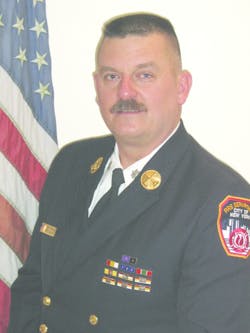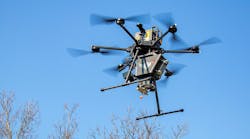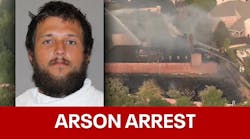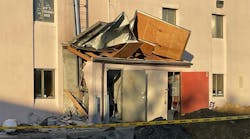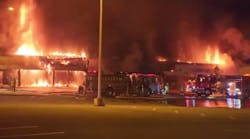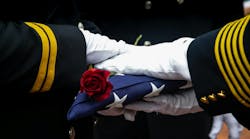Nobody likes to talk about making mistakes. The problem with that is in our business, if you make mistakes, someone could be killed or seriously injured. And if you don’t talk about mistakes, you or someone else could make that mistake again! Yes, possibly a second or third or even fourth time.
If you don’t think that happens, take a look at the firefighter fatality information that is released every year. Even better, look at several years of that information and you will see a disturbing trend – the same events and causes and results are repeated just about every year. Not exactly, but really close. We are not injuring or killing firefighters in any new ways. We are repeating the same mistakes every year in different places at different fires and killing and injuring our own people. So what should we be doing? I just happen to have an answer for you.
The first thing we must do is to recognize mistakes. Whether you are a firefighter, company officer or chief, you should be sharp and well trained enough to recognize mistakes. So we need to know when we see something that is or was being done incorrectly and do something about it. If it is an immediate safety issue, say something right away. Right away means immediately! If it is not a safety issue, but still needs attention, then file it away for the moment and then bring it up for discussion after the fire or emergency is over. We all have to keep our eyes and ears open. As I’ve said in previous columns, “If you see something, say something!”
Now that we have seen something that must to be corrected or adjusted, what’s next? Again, if it’s urgent and safety related, handle it immediately.
But what if it’s a tactical or mechanical mistake? How is that handled? This too is an easy fix. The answer is to never leave the scene of an incident without taking the time to conduct a quick review of the tactics and events that you and your crew were involved with. A short discussion standing next to your company apparatus before returning to the firehouse is a time to talk about what went right – and what went wrong.
This discussion can and should be done in a constructive manner and is often best accomplished by asking questions rather than making statements. For example; “So, Frank, did you have any trouble with the nozzle or moving down the hallway?” If you know there was some difficulty during that process, you are letting Frank talk about it and provide perspective on the issue. Asking people about how things went opens the door for a good effective and corrective discussion.
So that’s it? Any mistakes or issues uncovered and discussed after the fire are now solved? No! Certainly, conducting this short post-fire discussion at the scene is a very helpful and effective way to talk about these issues, but it just “opens the door” for corrective discussion. Now that you have identified and even discussed some items or issues, the next step is to include these items in your upcoming training.
If you are part of a volunteer department, the topics identified should be inserted into the training schedule. Many volunteer departments train or drill one or two nights a week and the tactics that have been identified must be covered in scheduled drills. Don’t plug these drills in at the end of the current training cycle. They need to be addressed sooner rather than later. If you wait for five weeks to conduct these drills, the memories of the fire and the tactics being discussed and corrected will have faded. At the very next training session, the tactics in question should be addressed.
For a career department, the topic should be covered again after returning the firehouse, passed on to the firefighters on the next shift so they too can benefit from the discussion and covered again on the very next shift worked with the same firefighters.
Correcting mistakes is an important element of running a good, safe and effective fire company. Correcting mistakes also prevents us from repeating them and enduring similar or maybe even more damaging results the next time. Stay sharp and well trained so you are able to recognize tactics or behaviors that need correcting.
Address any issues uncovered or raised at the moment they occurred. Waiting until the next shift or drill night is not the best way to capture your people’s attention. And follow up with formal training and drills on the topics, tactics and skills that need to be improved.
